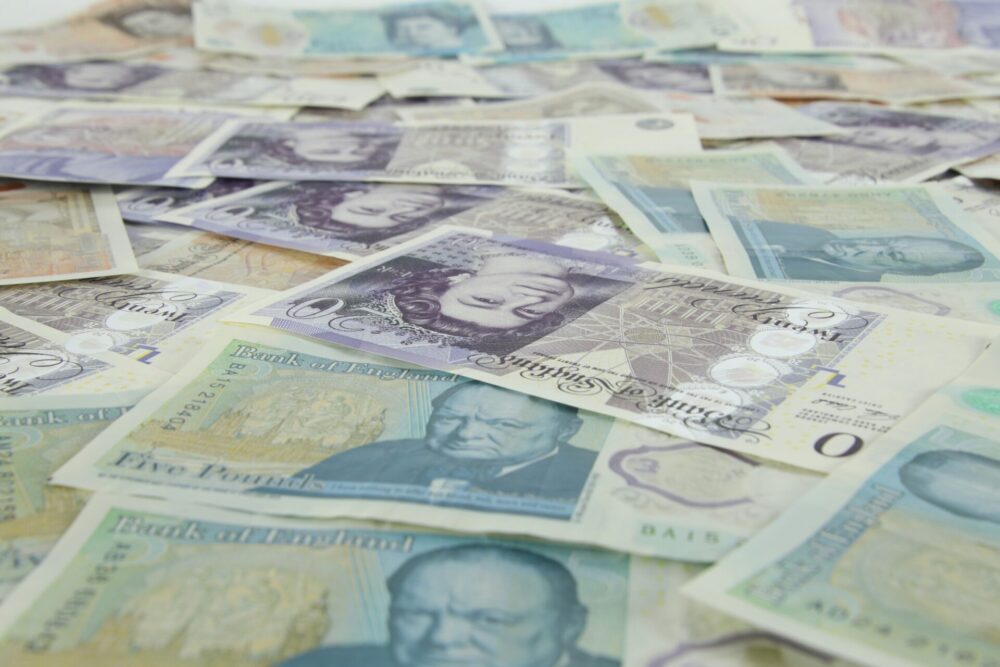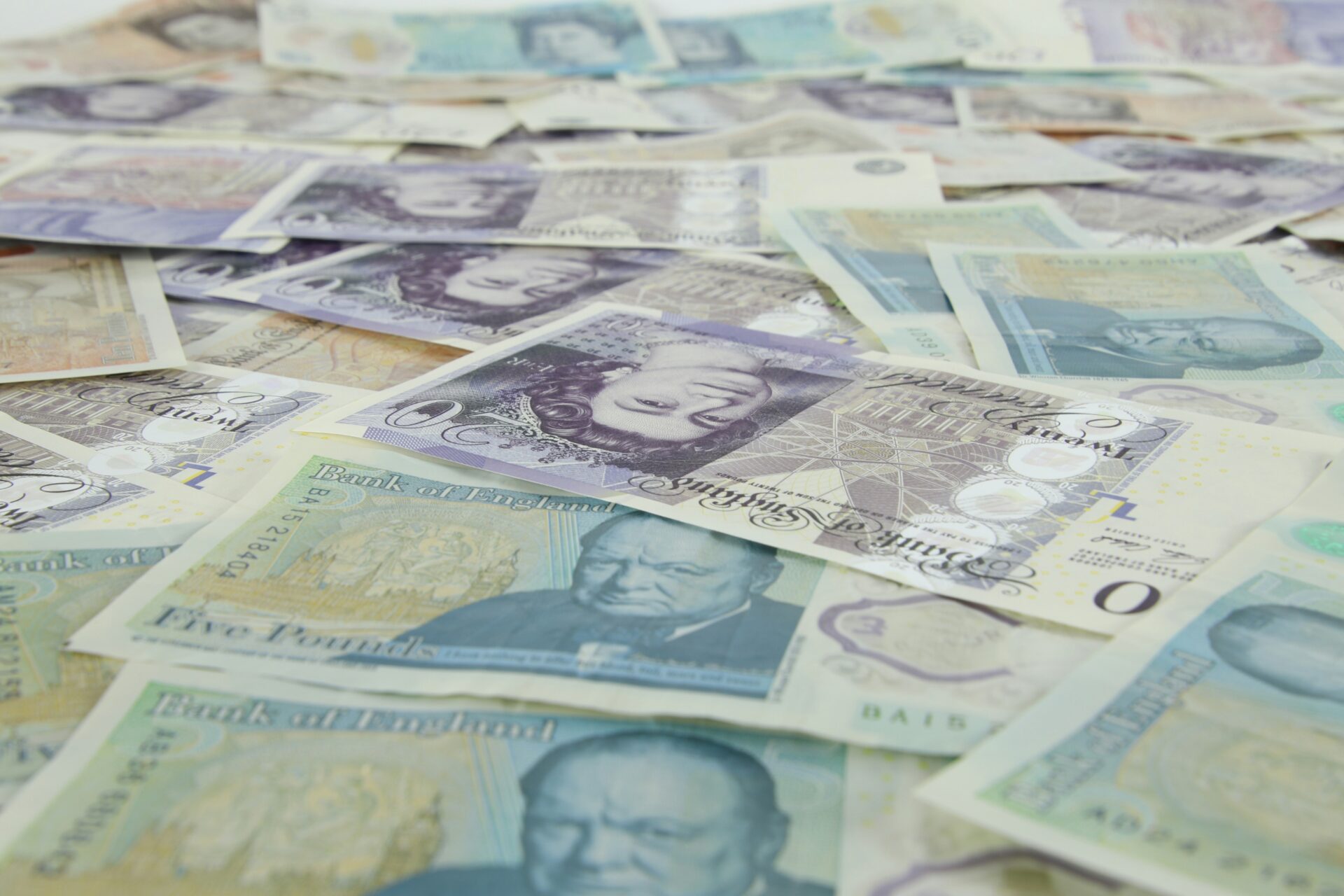Economies impact currencies, and currency exchange rates affect the economy. The latter perspective goes beyond the occasional foreign travel or overseas payment for the average person.
Currency fluctuations can significantly influence a nation’s Gross Domestic Product, global business, capital flows, and interest rates.

Brief Overview of Currency Exchange Rates
The exchange rate is the value at which one nation’s currency is traded for another. Exchange rates may be fixed or floating. In the former case, one currency is pegged to another (typically the US dollar) and consistently retains the same value. In the latter case, the currency is affected by supply and demand.
Fixed exchange rates are rare and tend to be favoured by oil-rich countries in the Middle East, such as the United Arab Emirates, Saudi Arabia, Jordan, Qatar, and Oman. Ultimately, the United States is a significant trading partner for its oil (and other resources). With oil priced primarily in USD, pegging to this currency offers a hedge against any price volatility that countries with a floating exchange rate experience.
The other benefits of fixed exchange rates include economic stability, inflation control, and investor confidence, which are never guaranteed with floating exchange rates.
On the bright side, fixed exchange rates offer flexible monetary policies, varied forex trading reserves, and trade balance adjustments. This system is suitable for growing economies, which many nations aim to achieve.
How Do Currency Fluctuations Affect the Economy?
Let’s now examine how fluctuations within currencies affect the economy.
Imports and Exports
Countries trade merchandise with each other regularly and may benefit or suffer depending on the exchange rates. Fluctuations can stimulate or dampen the magnitude of imports and exports. Generally, a weaker domestic currency produces more expensive imports (and cheaper exports), while a more robust domestic currency equals cheaper imports (pricier exports).
More specifically, exporters can benefit from a weaker local currency, allowing them to compete in international markets. Conversely, a more robust local currency can have a counterproductive effect where exports are less competitive in global markets.
Currency fluctuations affect a nation’s trade deficit and surplus. While the immediate assumption is that a surplus is better, it doesn’t always mean economic health, and a deficit doesn’t suggest a weak economy.
Capital Flows
Nations market themselves to the rest of the world with the value of their money. Unsurprisingly, foreign investors are more likely to divert money to countries with stable currencies, prospering economies and stable governance.
However, there may be cases when foreign investors benefit if their currency becomes more valuable than their money in a country with a depreciating currency. The opposite is true — an appreciating domestic currency may erode the value of their currency.
Still, foreign investors would consider the long-term potential of allocating money to a different country. With a stable currency, they are more inclined to improve existing facilities or build new ones in the recipient market, thus boosting their economy.

Economic Growth
Gross Domestic Product (GDP) is a popular metric for gauging economic growth. The formula comprises different things, but the relevant part is ‘X-M,’ or net exports. It’s more favourable to have higher exports than imports, as this contributes to a rising GDP. As explained earlier, the rate of exports depends on the value of the domestic currency against the currencies of its trading partners.
Interest Rates
Like other factors, interest rates have an undeniable relationship with currency fluctuations. Central banks, for example, consider the value of their country’s domestic currency when determining interest rates.
A stronger currency often leads to higher interest rates. This increases foreign capital, where investors and local citizens seek better yields on their money. Meanwhile, a weaker currency encourages lower interest rates. Still, this provides notable benefits like cheaper borrowing costs and higher consumer spending, which can boost the local economy.
Navigating Through Currency Fluctuations
The premise of forex trading is to understand the cause and effect of currency fluctuations, allowing one to seek profiting opportunities or manage the risks. Traders will be familiar with fundamental analysis, studying many factors discussed here.
When fluctuations and other conditions are favourable, traders may be motivated to:
- Invest in a low-yielding currency in a country with a higher-yielding currency.
- Invest in multinationals operating in the domestic region.
- Continually hold an existing forex trade for more profits
In bad times, investors will quickly diversify their portfolio, investing in many other asset classes, from traditional ones like stocks and fixed income to alternative ones like commodities and cryptocurrencies. It helps to buffer against the volatility associated with exchange rate fluctuations.
The Interconnectedness of Currencies and Economies
Currency fluctuations and the economy synergise through influential factors like global trade, capital flows and interest rates. Changes in one element often set off a chain reaction in other elements. Also, strong currencies are only sometimes beneficial, while weak ones aren’t always negative. Hence, traders must conduct thorough research to benefit from exchange rate variances and manage risks where necessary.


















